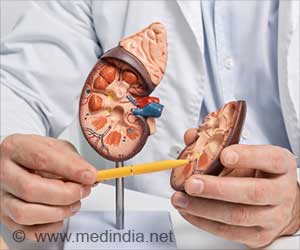Scientists from around the world are gathering in the West African state of Burkina Faso to tackle a disease believed to claim 1,00,000 African lives
Scientists from around the world are gathering in the West African state of Burkina Faso to tackle a disease believed to claim 1,00,000 African lives every year. Popularly known as Sleeping Sickness, and officially as 'African Trypanosomiasis', the disease is carried by the Tsetse fly. Some 60 million people living in Tsetse fly-endemic areas of west and central Africa are at risk, as are cattle and horses.
Sleeping Sickness first came to international attention when colonial explorers like Livingstone and Stanley noticed that their horses could not survive in parts of Africa. But people had been dying from the bite of the Tsetse fly for a long time before that, and are still dying today. Sleeping Sickness has been dubbed as the Silent Killer because its victims are mostly from rural populations where medical screening is rare and cause of death often goes unrecorded.The meeting in Burkina Faso, which over 300 scientists and other delegates are expected to attend, will launch an Africa-wide campaign to eradicate the Tsetse fly under the political umbrella of the African Union, previously known as the Organisation of African Unity. The campaign has received a boost, in the form of free drugs donated by the pharmaceutical giant Aventis. But scientists say free drugs are not enough.
According to WHO estimates, some half a million people in Africa are currently infected by African Trypanosomiasis - but because of a lack of medical screening in rural areas, many do not even know they have the disease until it is too late. If untreated the disease - which causes severe drowsiness - cripples the central nervous system, by which point it is almost always fatal.






